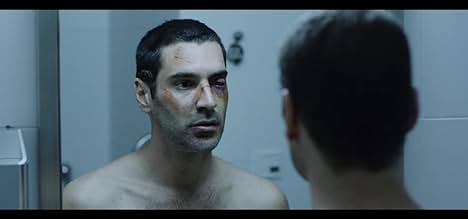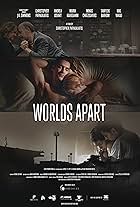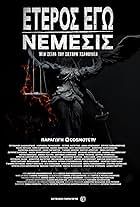In his "Notebooks", the famous conductor Wilhelm Furtwängler doesn't make much effort to conceal his dislike for Art critics. He likens the creator of Art with Faust and the critic with Mephistopheles, saying about the latter that, whatever is born of love, he considers worthy of extinction! He also notes that the main concern of the critic is to identify the "errors" in the work of Art, often failing to recognize the greatness of a true masterpiece.
Furtwängler's remarks came to my mind while observing the anxious efforts by movie critics to discover and point out the "errors" in "An...", the first feature film by Greek director Christoforos Papakaliatis (Greece, 2012). I must confess that I myself entered the theater with reservations. Would this prove to be just another cinematic experiment from one more director of television shows who fails to see the difference between the two-dimensional flat space of TV and the much more complex space-time of the cinema?
The result of the "experiment" was a pleasant surprise! We saw an authentic cinematic creation, skillfully directed and possessing a brilliantly self-consistent (albeit not entirely original) script worked well in the details. With regard to the central idea of the film, the influence from the now classic "Sliding Doors" (1998) is more than evident. Like the latter film, "An..." is a cinematic allegory on the "butterfly effect", that is, how a seemingly insignificant detail may dramatically change the order of things and the fate of people. We thus watch two alternative versions of reality evolve in parallel in time by means of two different dominoes of causality.
One basic theme is romantic relationships and their test against deterioration caused by the everyday routine in a typical marriage. Reference is made, of course, to the current economic crisis, this being one of the catalytic factors affecting relationships. Eventually, the film leaves it upon the viewer to decide which version of reality suits best to her/him, hinting, however, at the more optimistic choice (remember "Sliding Doors"!).
We left the theater with feelings of internal catharsis that any true work of Art must induce. Leaving behind for good the painful memories from the merciless (albeit directorially brilliant) "Amour" that plainly shows brutal reality without the much-needed psychological balance offered by the potentially alternative...































